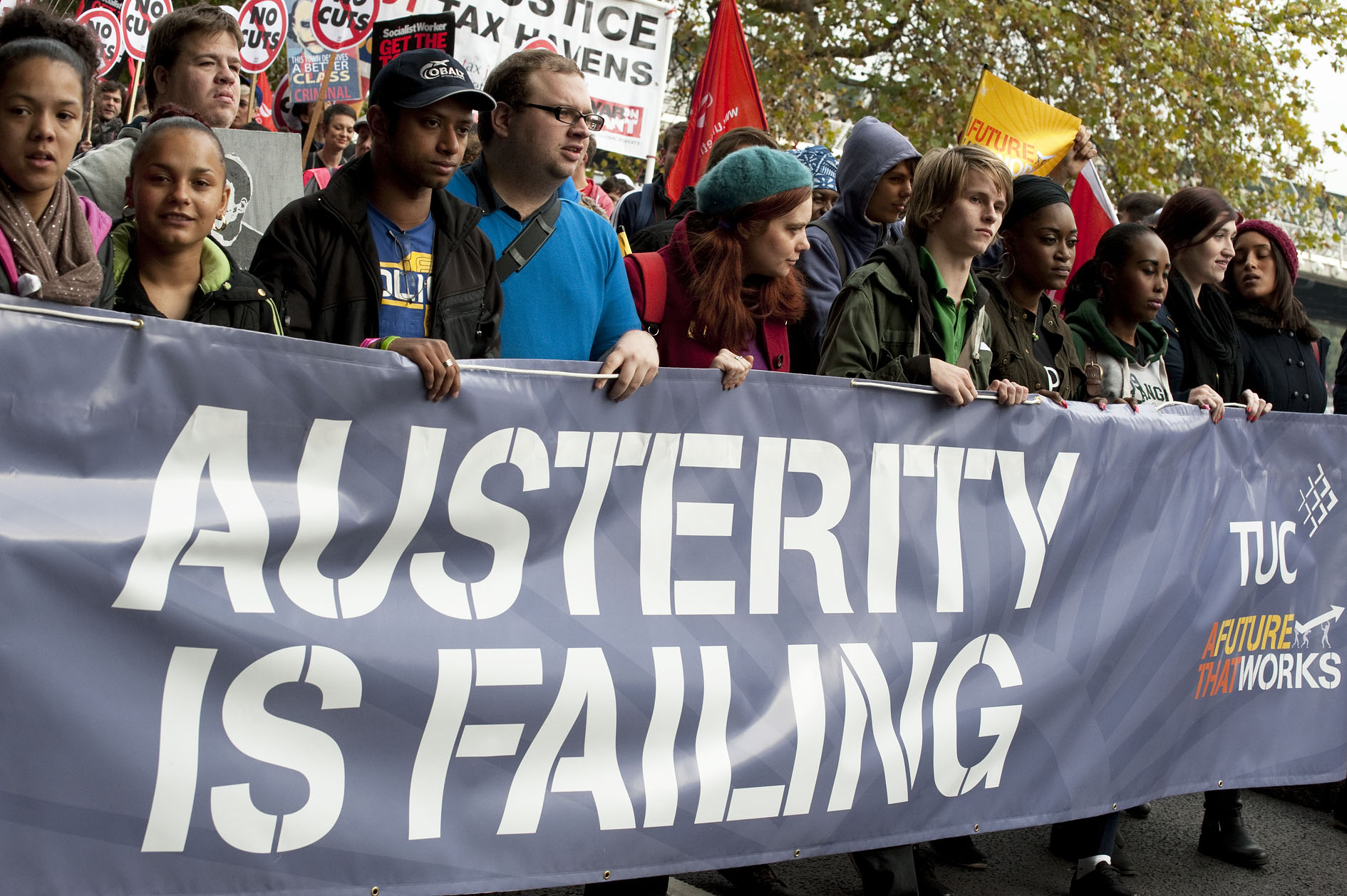Dave Reid
Lord Justice Leveson’s report, presented on 29 November, castigated the activities of the press in the past period but, like most judicial inquiries, brushed over the failure and corruption of important elements of the capitalist establishment like the police and government ministers.
Like the inquiries of Lord Widgery and Lord Justice Taylor into the Bloody Sunday massacre in Derry and the Hillsborough disaster, Leveson absolved the representatives of the ruling class.
His report disregarded the exposure of wholesale corruption of dozens of police officers who had links with the press, dismissing them with an eye-rubbing “I have not seen any evidence to suggest that corruption by the press is a widespread problem in relation to the police.” That statement in itself discredits the whole report.
And most workers would balk at his belief that there was “no credible evidence of actual bias” in favour of Murdoch’s bid for Sky TV by Tory former culture secretary Jeremy Hunt.
The report’s main conclusion, that there should be some mild statutory controls established to rein in the worst excesses of the tabloid press, has split the Con-Dem government and raised the possibility that Prime Minister Cameron could be defeated in the House of Commons.
But despite the issue widening fissures in the government and the understandable outrage at the sickening activities of the tabloid media, socialists and trade unionists should oppose Leveson’s call for state regulation of the press. Instead we should demand a much more radical democratic public control of the means of press communication and the media in general.
The press and society
The press was called the “fourth estate” by the 18th century conservative philosopher Edmund Burke. It has effectively a quasi-constitutional role in acting as a check on the activities of the main wings of the state but also defends them against challenges to their monopoly of power.
The capitalist class in Britain has long protected this institution as its exclusive preserve. Like the monarchy, the House of Lords and other state institutions that govern this country, working class people have virtually no influence on how the press’s power is exercised.
The mass circulation press is 100% owned by powerful capitalist interests, referred to as “press barons” – itself an indication of their status.
While some media magnates prefer to support a pro-capitalist party to the left of the Tories most of the press barons support the Tories.
So when the Tories and the Tory press wail about the threats to “freedom of the press” they are really defending the free operation of the Tory press to act as the fourth estate in the interests of the Tory party and the capitalist class, fighting any threats to their interests.
Charlotte Church correctly dubbed it as “corporate speech, not free speech” on Question Time.
While an increasing stream of people are actually being imprisoned in this country for statements made on the social media, mainstream newspapers can print scurrilous attacks on labour movement organisations and individuals with impunity.
Regulation
Understandably victims of the News of the World phone hacking, like Millie Dowler’s parents, want something done to stop the intrusion and sensationalist harassment by the tabloid media and support the idea of an ‘independent’ body to control their activities.
But Marxists warn that no body of the type that will be set up will truly be independent. Like the Leveson inquiry itself, it will be stuffed full of establishment figures who will ensure that the press is free to protect capitalist interests at the expense of working class people.
What has the energy regulator Ofgem done to protect us from unaffordable fuel bills? – and the same can be said of most other ‘regulators’.
Regulations might lessen the routine atrocities committed by papers like the News of the World but they would be framed in a way that protects the capitalist media while likely hamstringing workers’ papers like the Socialist.
Like many other state regulations, they could be more of a burden on the smaller papers funded by the pennies and pounds of working class people than the corporate press who can afford the administrators and accountants.
The political party registration system, for example, was set up in response to the corruption of the pro-capitalist parties in the 1990s, but its effect has been mainly to hamper the activities of the small left and workers’ political parties.
The Socialist Party was forbidden by the Party Registrar on spurious grounds from even registering its own name as a party that can stand for election, while corrupt practices within the main parties continue behind the scenes.
A much more radical democratisation of the press must be campaigned for. An independent inquiry into the activities of the press should be established by the trade union movement involving representatives of victims of the press like the Hillsborough Families Campaign, the families phone-hacked and others who have been harassed such as Tommy Sheridan, as well as the NUJ and print unions.
And socialists must campaign for a real free press. For the resources of the press corporations to be taken out of the hands of the press barons and opened up to reflect the views and needs of the 99% of the population, not just the interests and the whims of the top 1%, through democratic public control of the means of publication.
This version of this article was first posted on the Socialist Party website on 30 November 2012 and may vary slightly from the version subsequently printed in The Socialist.









